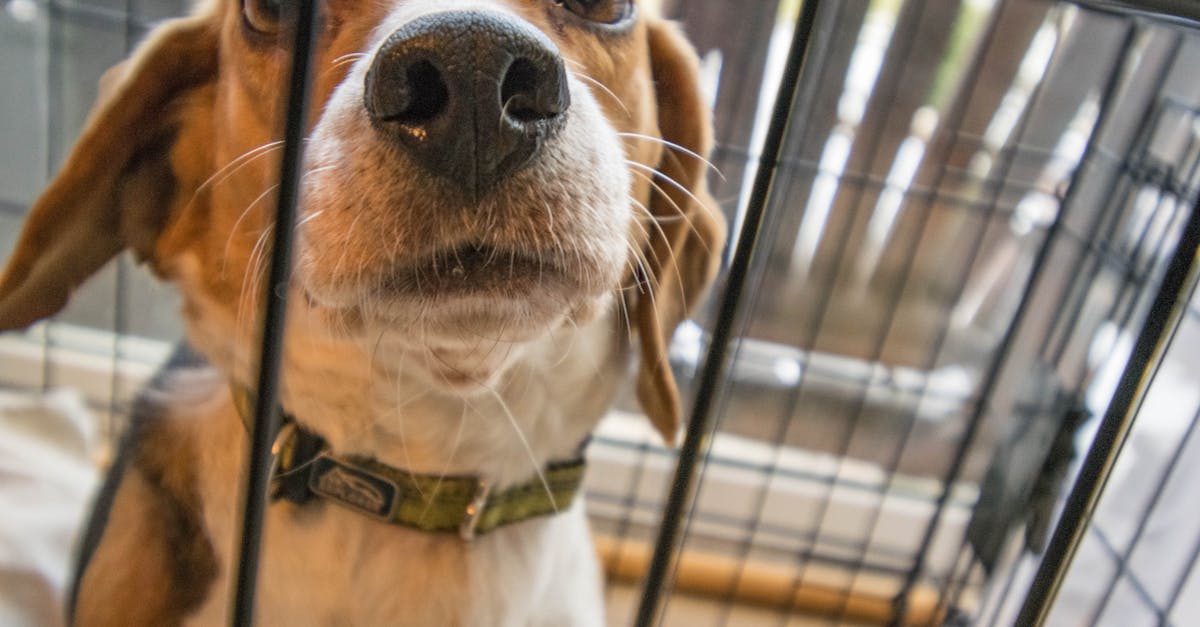I don’t know what’s going on, I’m kind of freaking out. I got my dog neutered yesterday, and I know they said there’d be some swelling, but it seems a bit too much? It’s really red down there, and he keeps trying to lick it despite the cone. It’s like every time I turn around, he finds a way to contort himself into positions I didn’t think were possible just to get to that spot. I’ve been Googling like crazy, but I’m getting mixed messages. Is this normal for the first day or two? I just feel so bad for him, he looks so uncomfortable, and I’m not sure if I need to rush back to the vet or if maybe I’m overreacting a bit. Any advice from those who’ve been through this would really help right now!
Thanks for reaching out about your concern. It's completely normal to feel a bit uncertain about how things should look after your dog has been neutered. Post-surgery changes can be confusing, but I'm here to help you through it.
After neutering, it's typical for the surgical site to appear a bit swollen or red, and your pup might be slightly uncomfortable. These are normal parts of the healing process. However, there are some things to keep an eye on. If you notice excessive swelling, ongoing bleeding, discharge with a strong odor, or if your dog seems to be in severe pain, these could be signs of an infection or other complication.
To keep your dog comfortable at home, encourage him to rest and prevent him from licking or scratching at the incision site. A cone, or E-collar, can be useful in stopping any interference. Make sure he's staying hydrated and follow any aftercare instructions provided by your vet.
Monitor for signs of serious concerns like your dog becoming lethargic, experiencing a loss of appetite, or if the incision area seems to worsen. If anything seems out of the ordinary or you're still unsure, it's best to consult a vet.
For more personalized advice and peace of mind, consider booking a video consult with one of our Dial A Vet professionals.
The "Ask a Vet" forum on Dial A Vet offers general information and helpful tips on pet health, but it's
not a substitute for professional veterinary care. The advice here doesn't create a veterinarian-client-patient relationship, and our vets can't diagnose or treat your pet remotely.
For emergencies or specific medical concerns, always contact your local veterinarian immediately. Your pet's health is unique, and decisions should only be made after consulting with a qualified professional. By using this forum, you acknowledge these limitations and agree to seek in-person veterinary advice for all your pet's health needs. View our
content guidelines.



%2520(1).png)
%2520(1).png)



.jpg)








